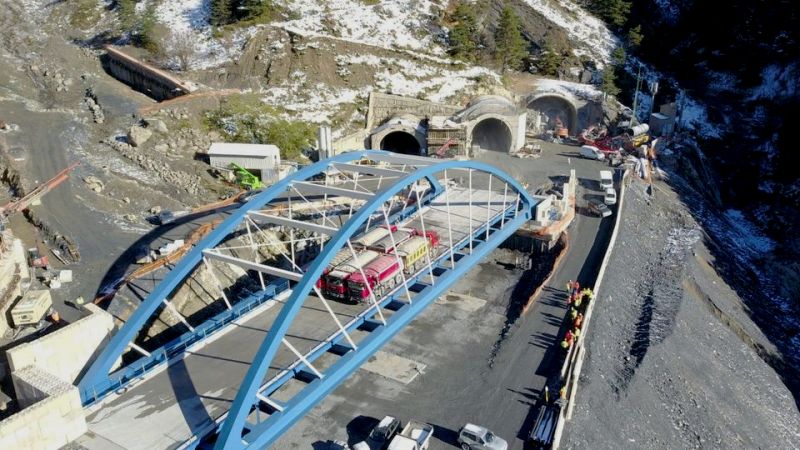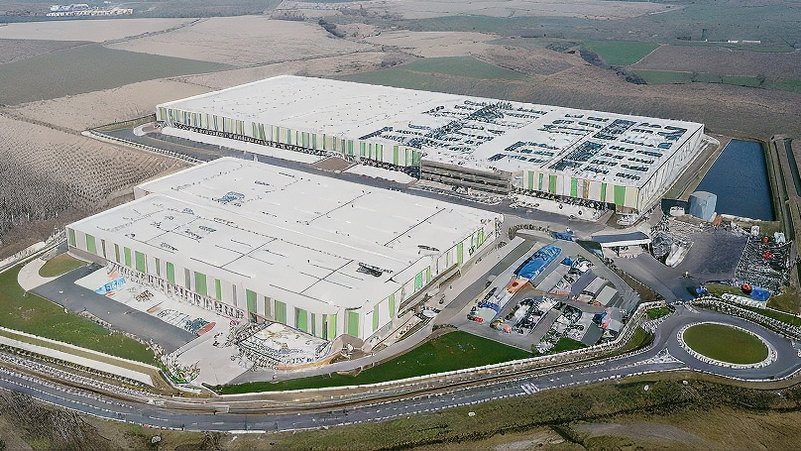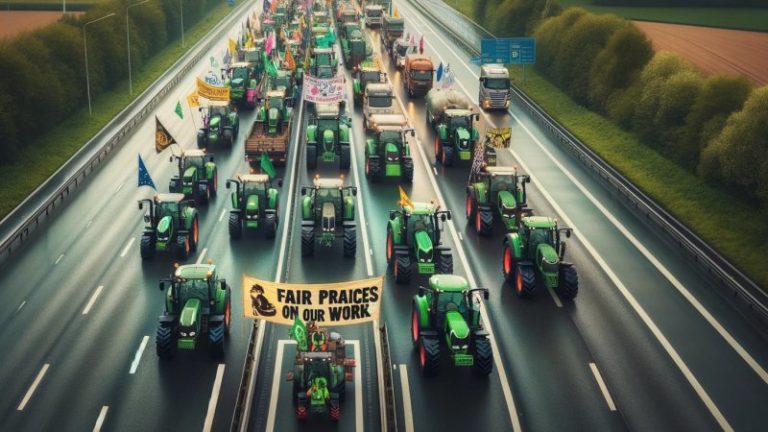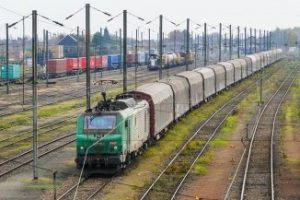The International Road Transport Union, alongside transport associations from France, Romania, and Spain, met with European Transport Commissioner Adina Vălean to request protections for drivers and commercial vehicles during farmer protests. In recent weeks, farmers across various European countries have staged numerous demonstrations, leading to significant blockades of major roadways and, in some cases, damage to commercial vehicles. This has been particularly notable in France, where blockades have escalated to violent actions against foreign trucks. There are videos showing the emptying of semitrailers carrying fruits, vegetables, and meat – predominantly of Spanish and Romanian carriers – and in at least one instance, a vehicle was set ablaze. Even without violent actions, prolonged blockages along roads pose challenges to drivers, who are unable to access essential goods and sanitary services.
In response to this situation, the IRU has already voiced concerns for both drivers and the road transport activity. On February 2, 2024, a delegation from the organization, including the French (FNTR), Romanian (UNTRR), and Spanish (ASTIC) transport associations, met with European Commissioner for Transport Adina Vălean to reiterate their concerns and urge the European Commission to implement measures to protect drivers and road transport services, especially in France.
During the meeting, as reported by the IRU in a statement, Commissioner Vălean condemned the violence against drivers and their cargo and outlined actions taken to support the sector. She sent a letter to Christophe Béchu, France's Minister of Ecological Transition and Territorial Cohesion, requesting urgent actions to ensure the safety of transport workers and the security of their goods within French territory.
Simultaneously, the European Commission has called for an urgent meeting to discuss measures that member states plan to pursue to ensure the safe and proper functioning of the European transport network amidst the widespread protests. The IRU and associations also highlighted the importance of official public information on areas expected to see protests, allowing for rerouting of goods.



































































